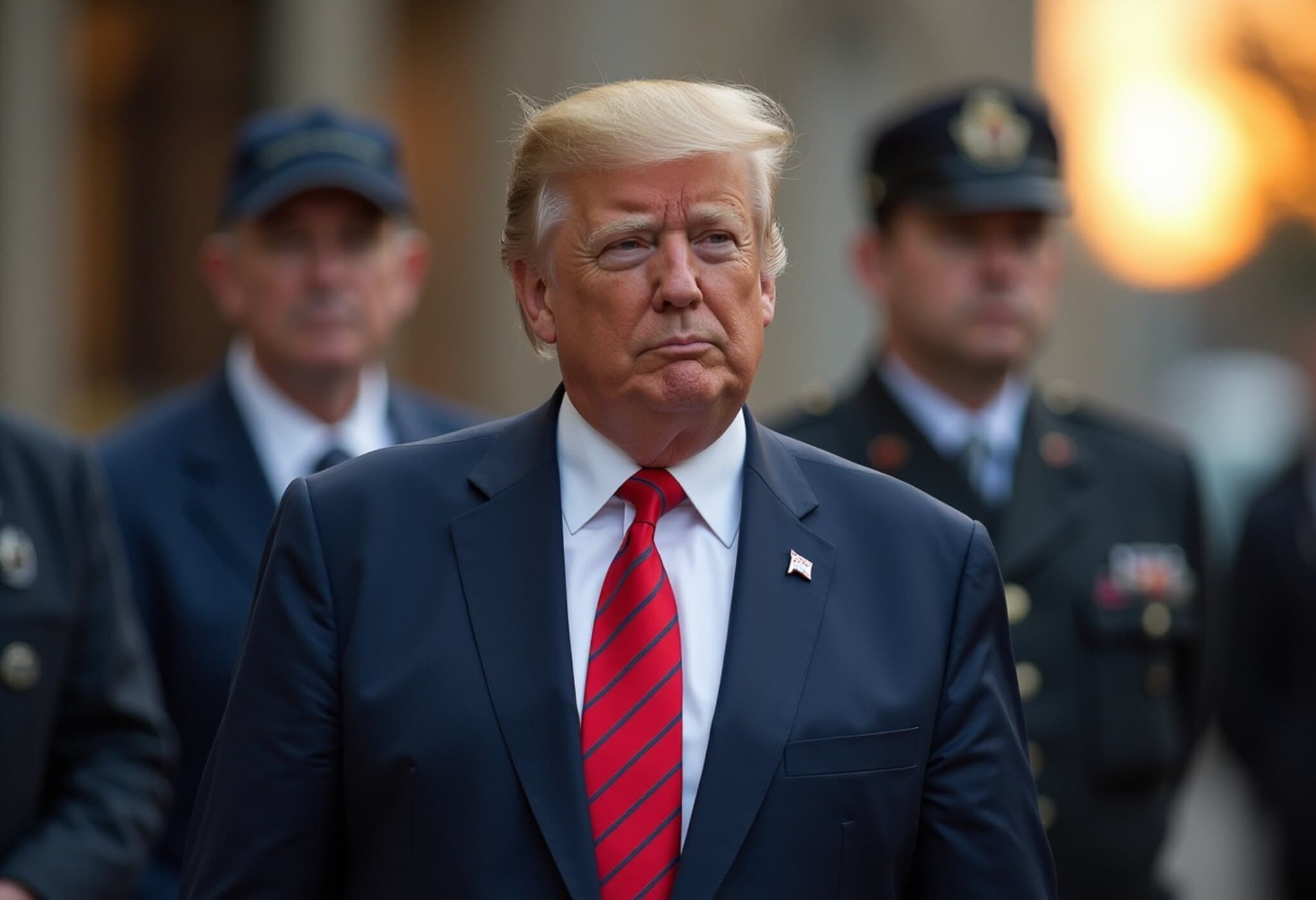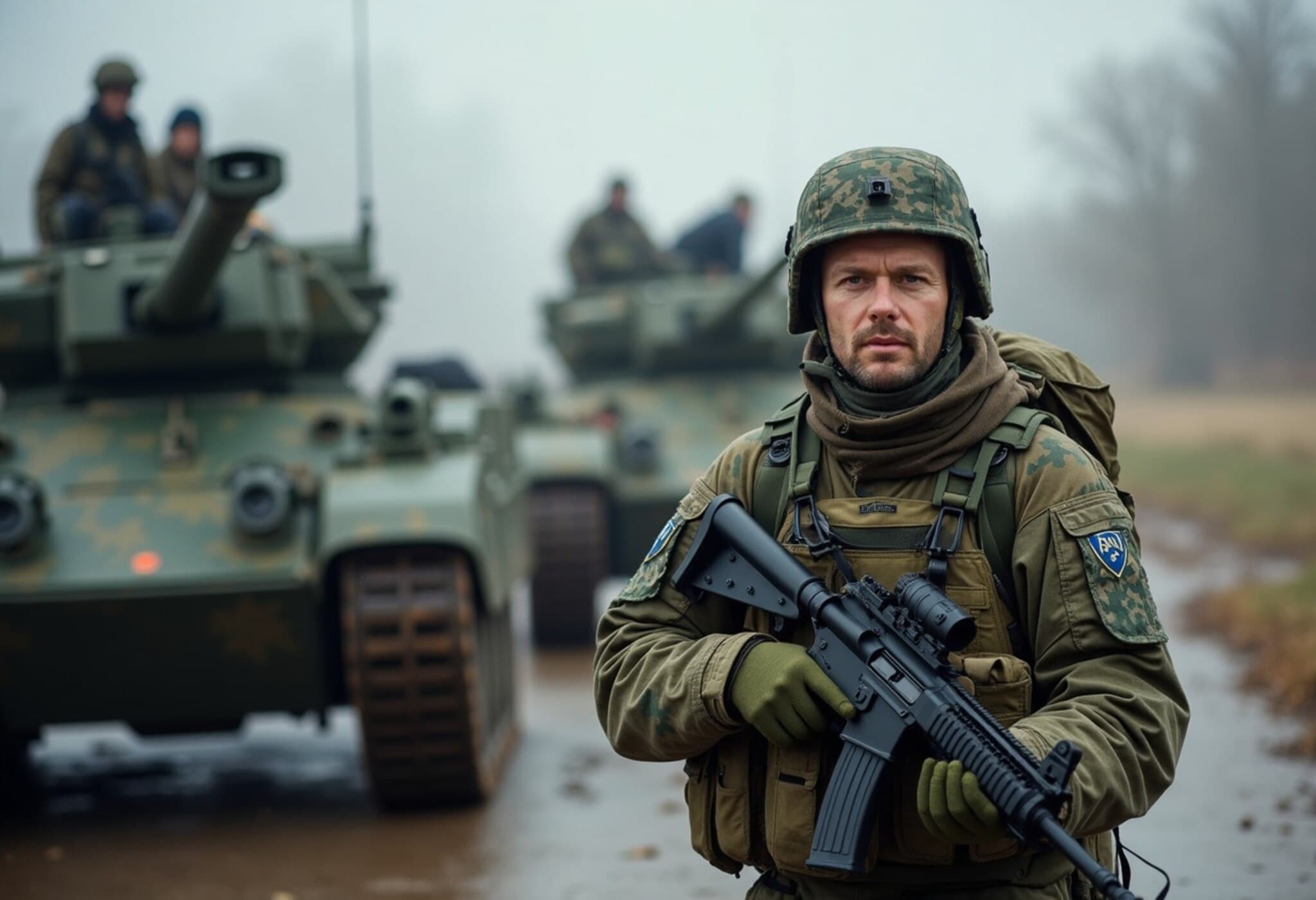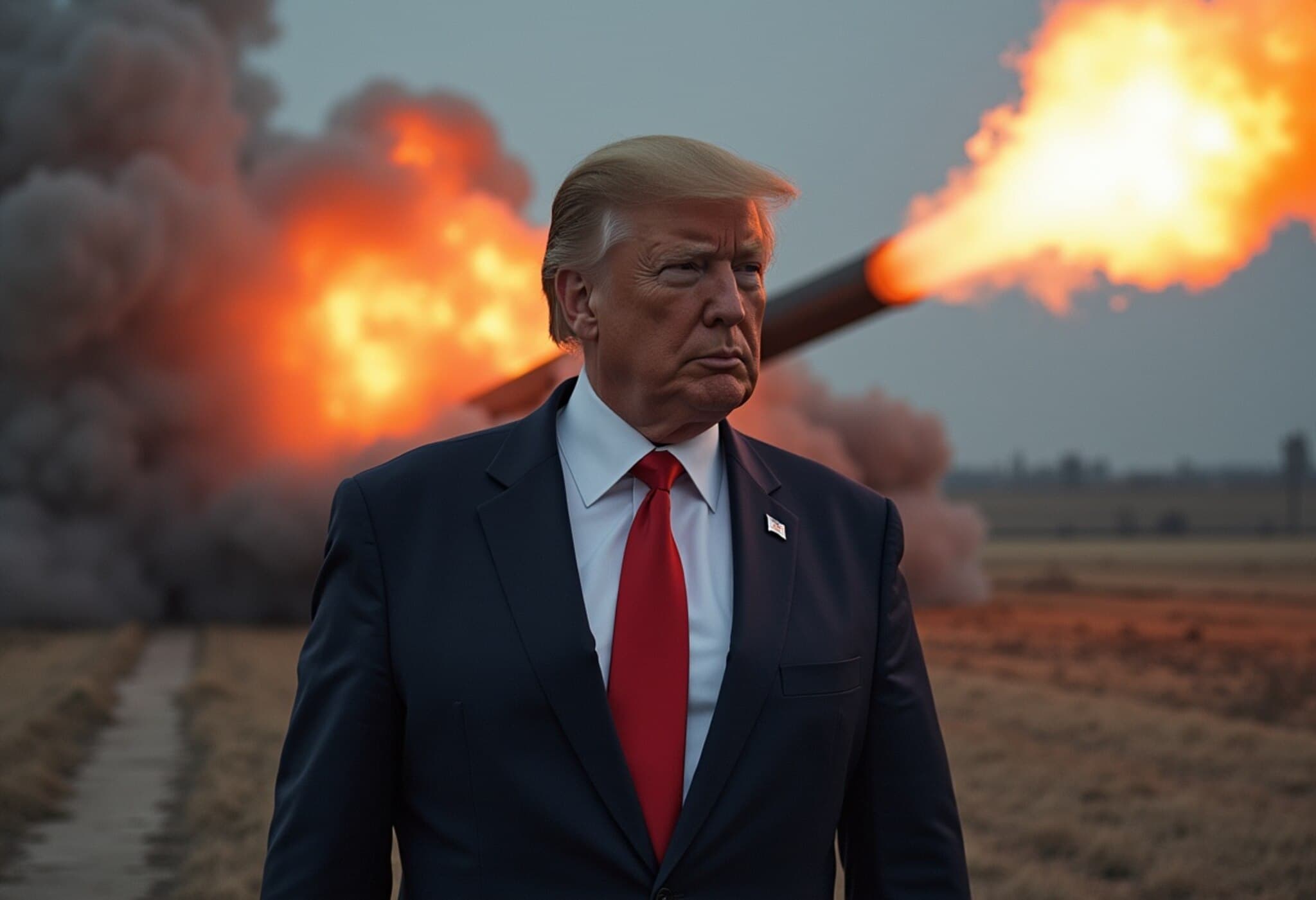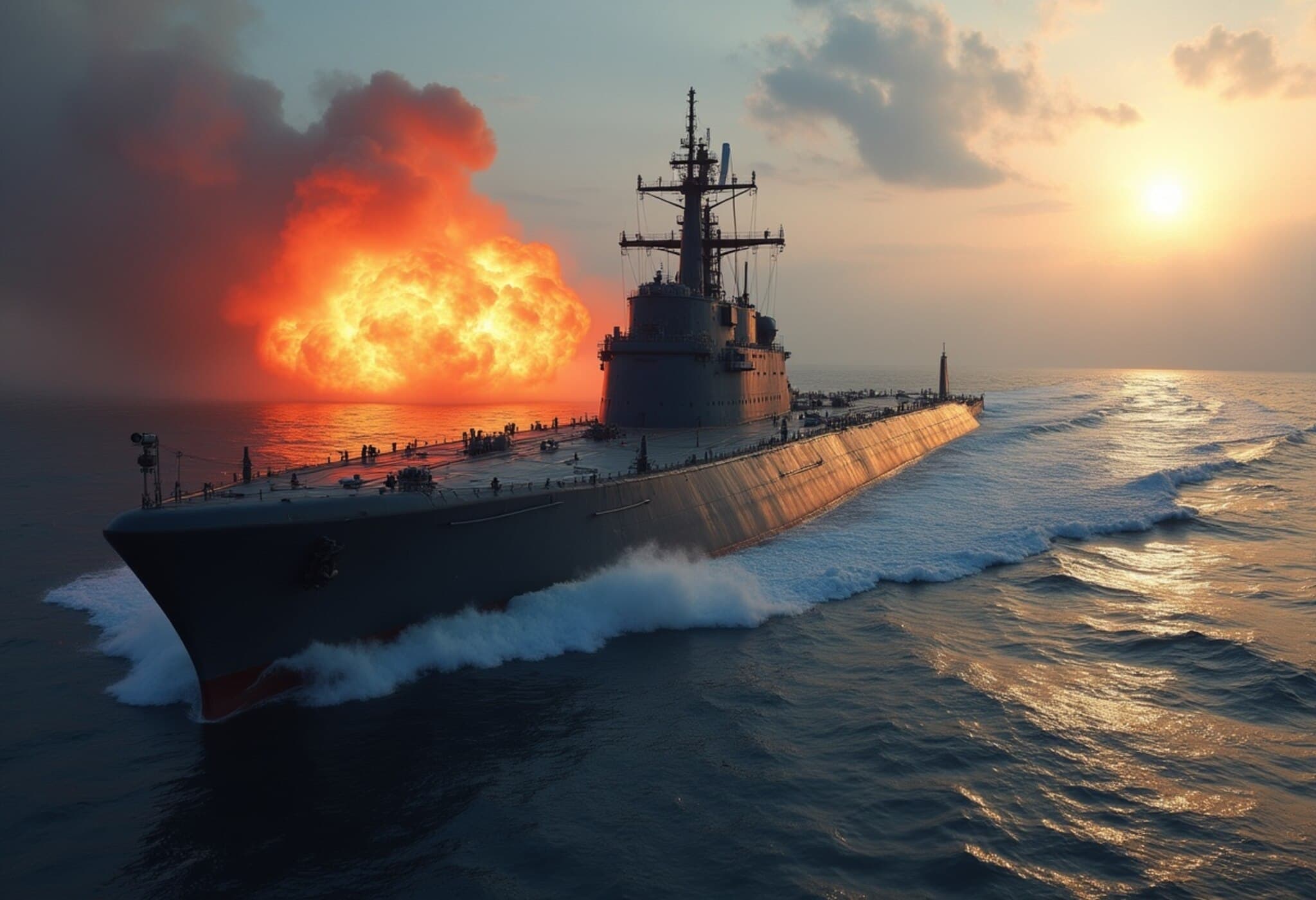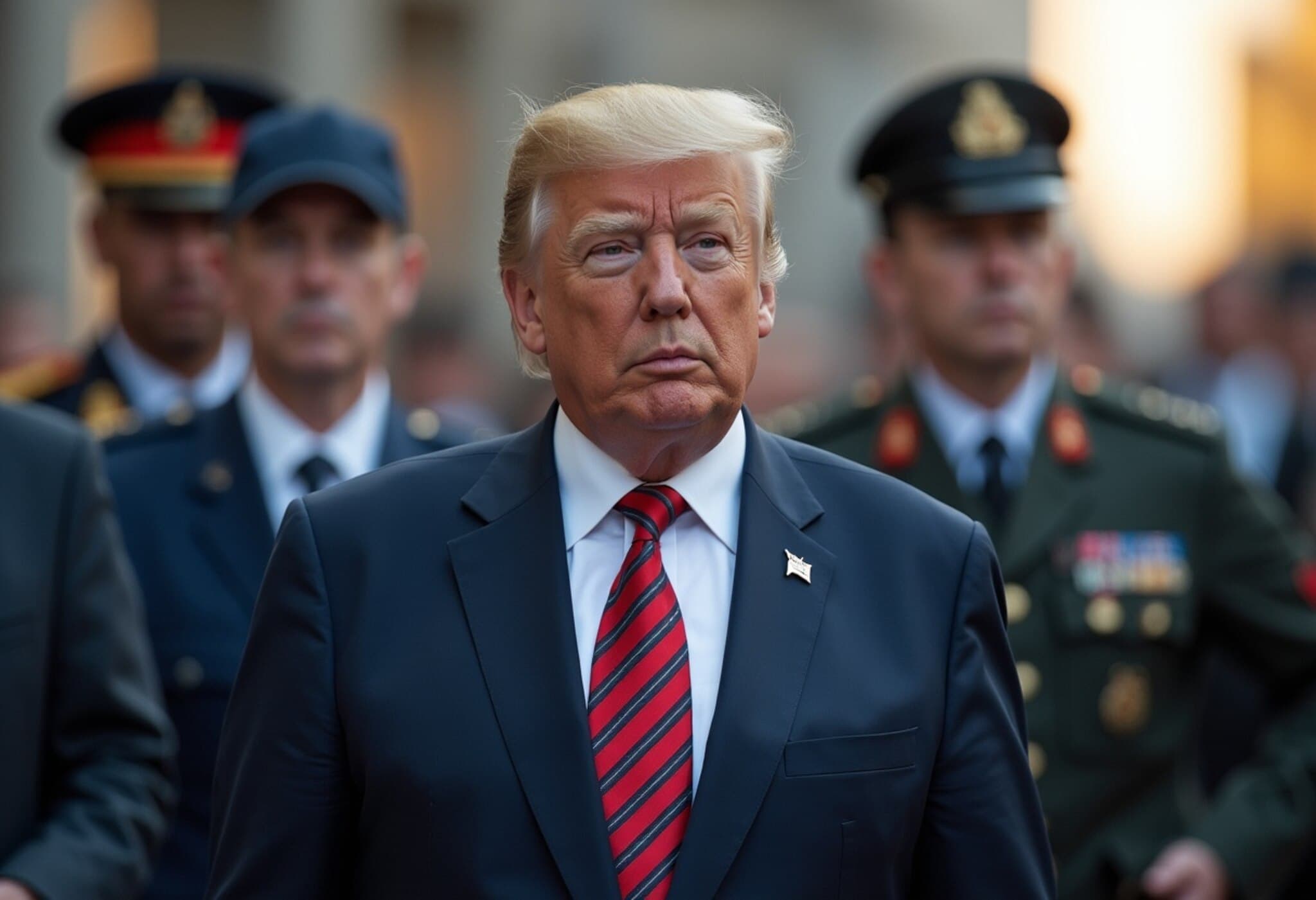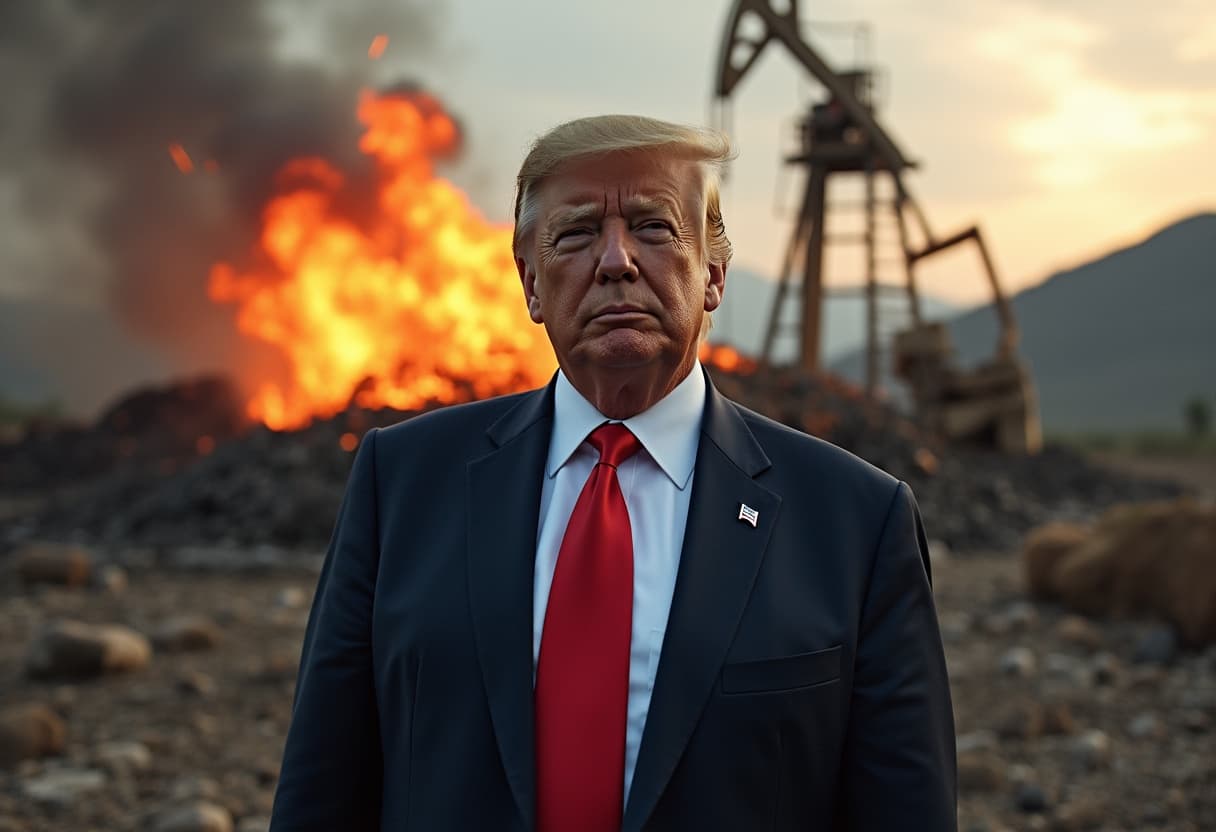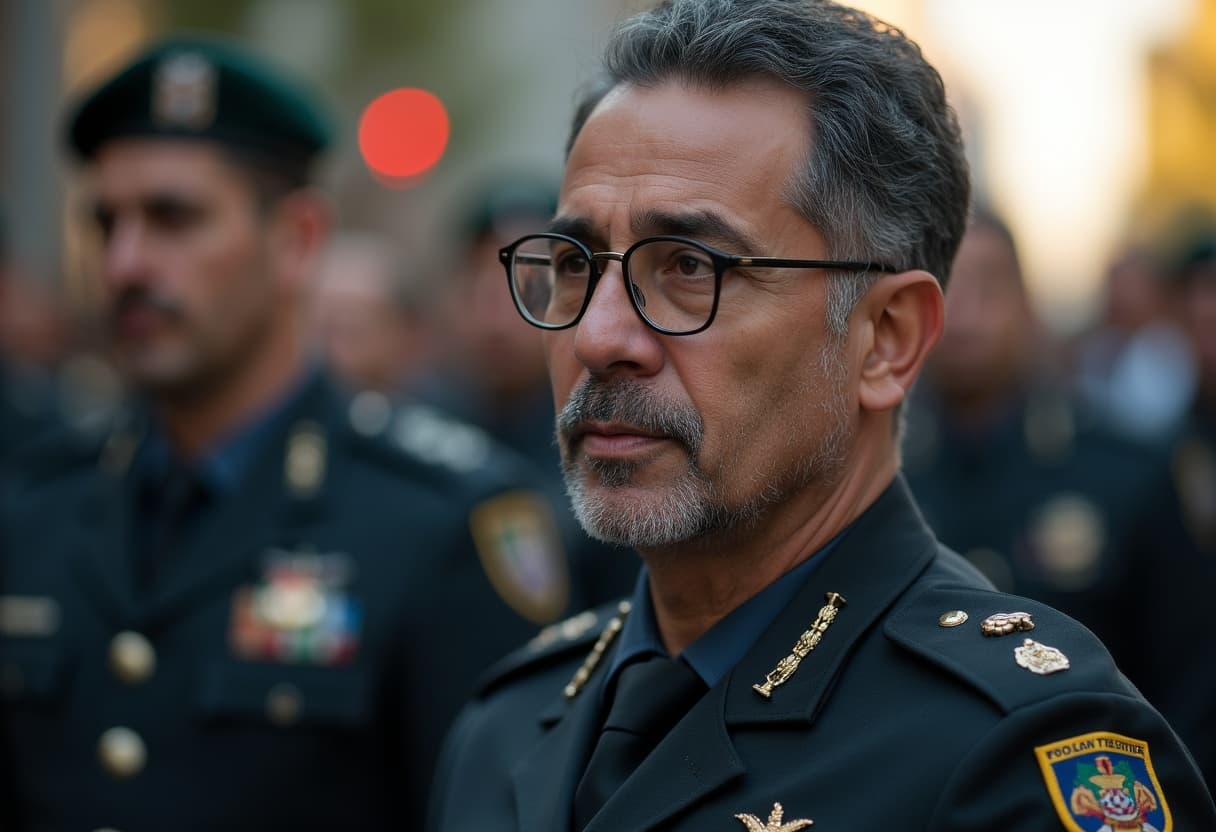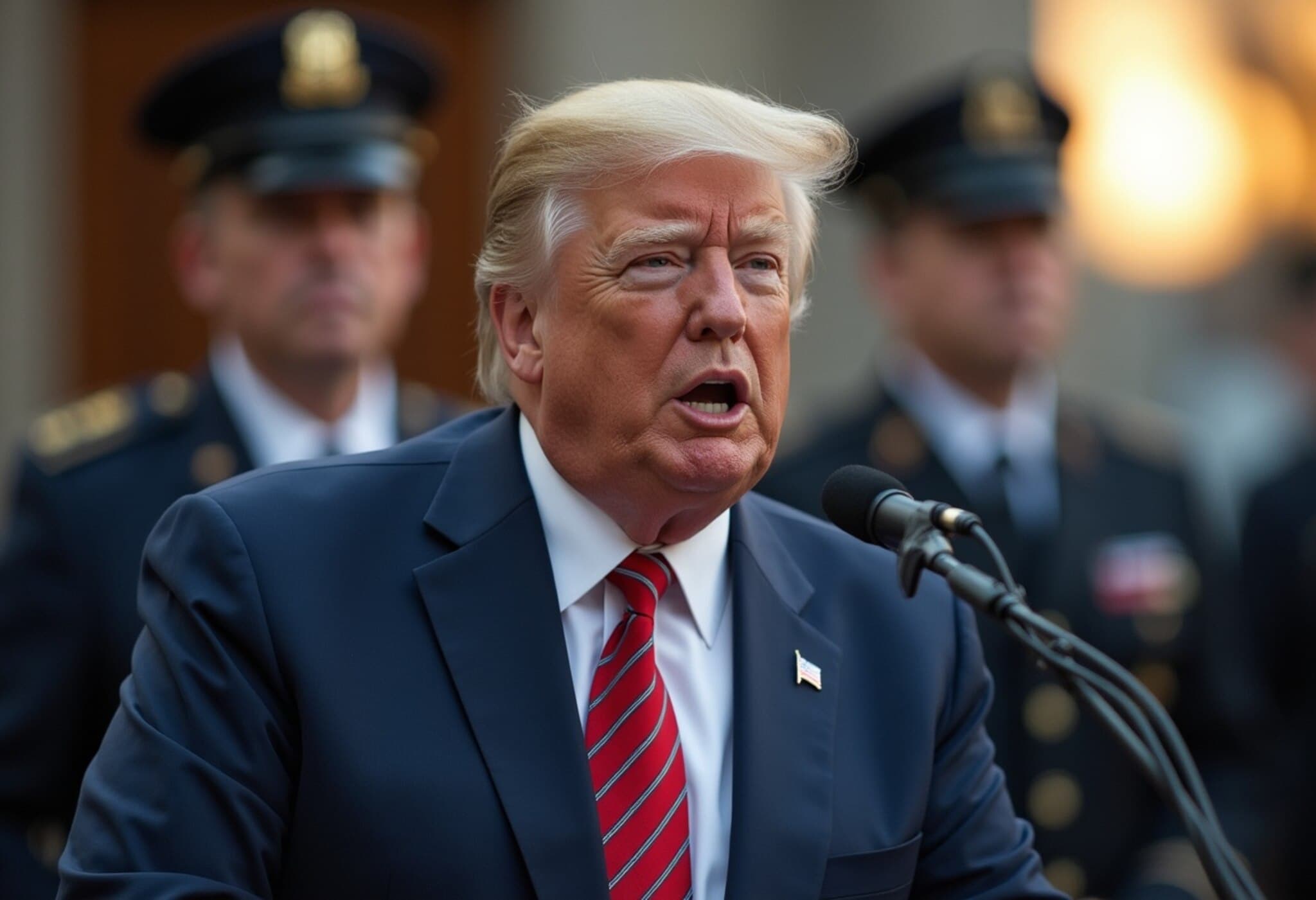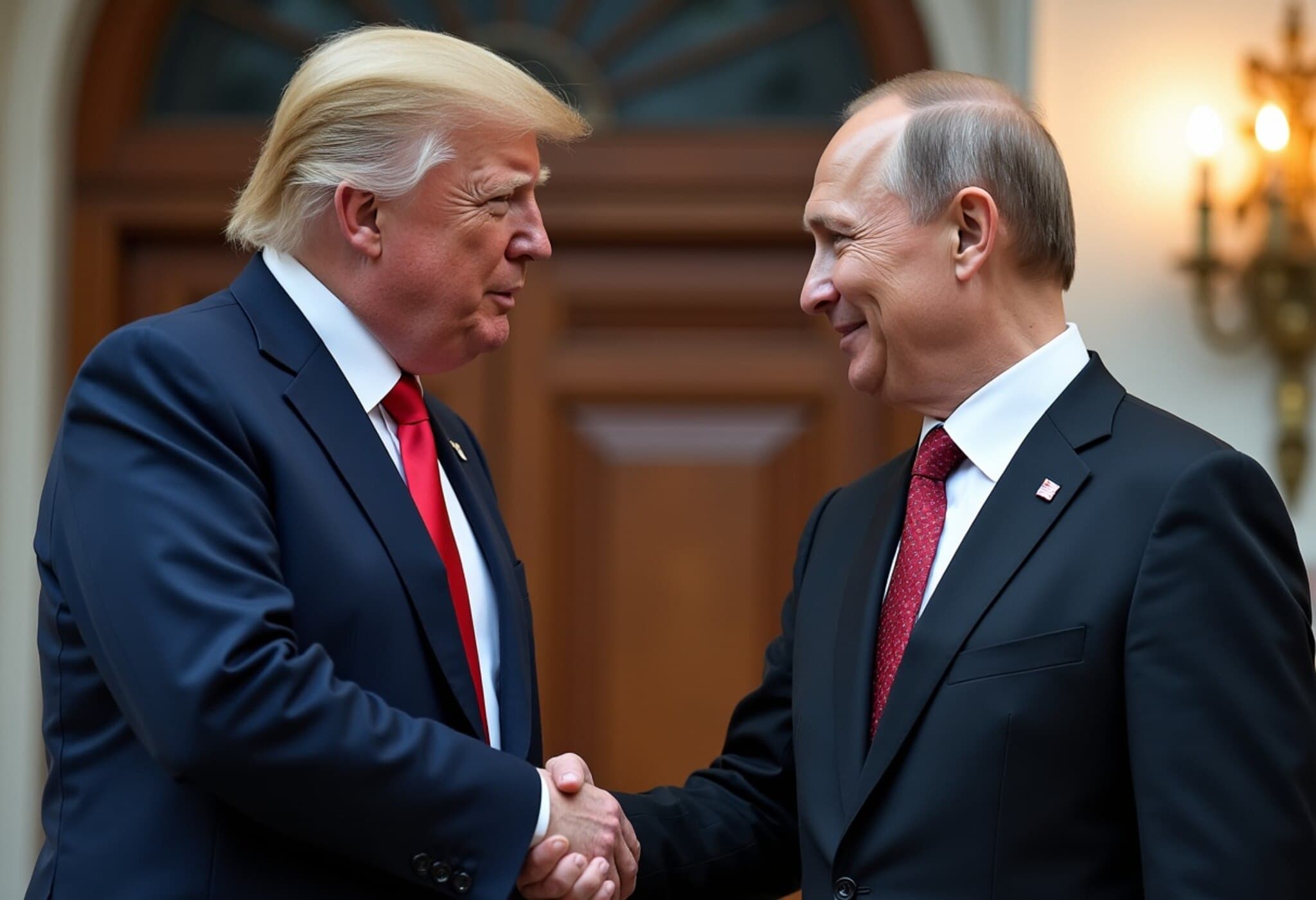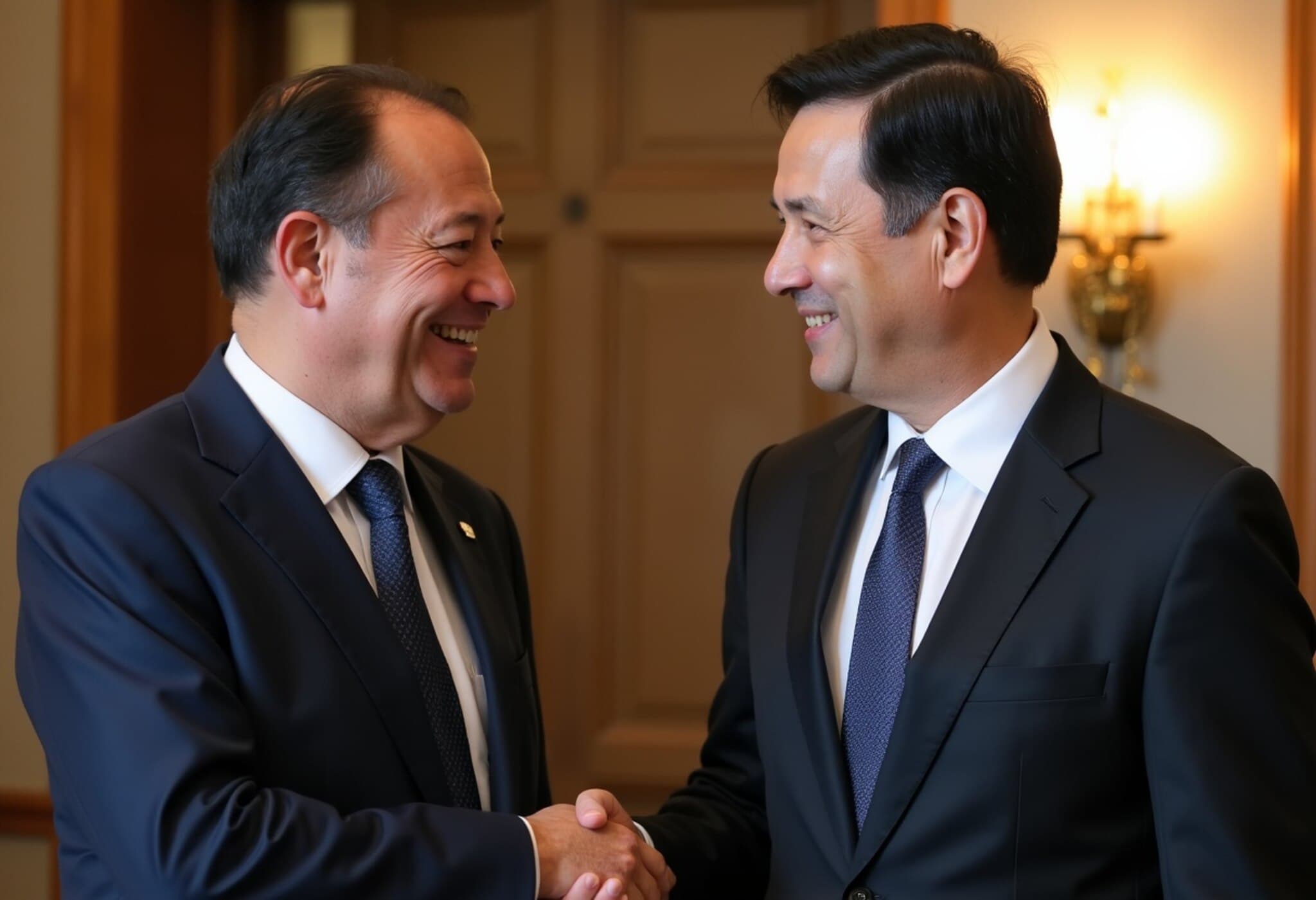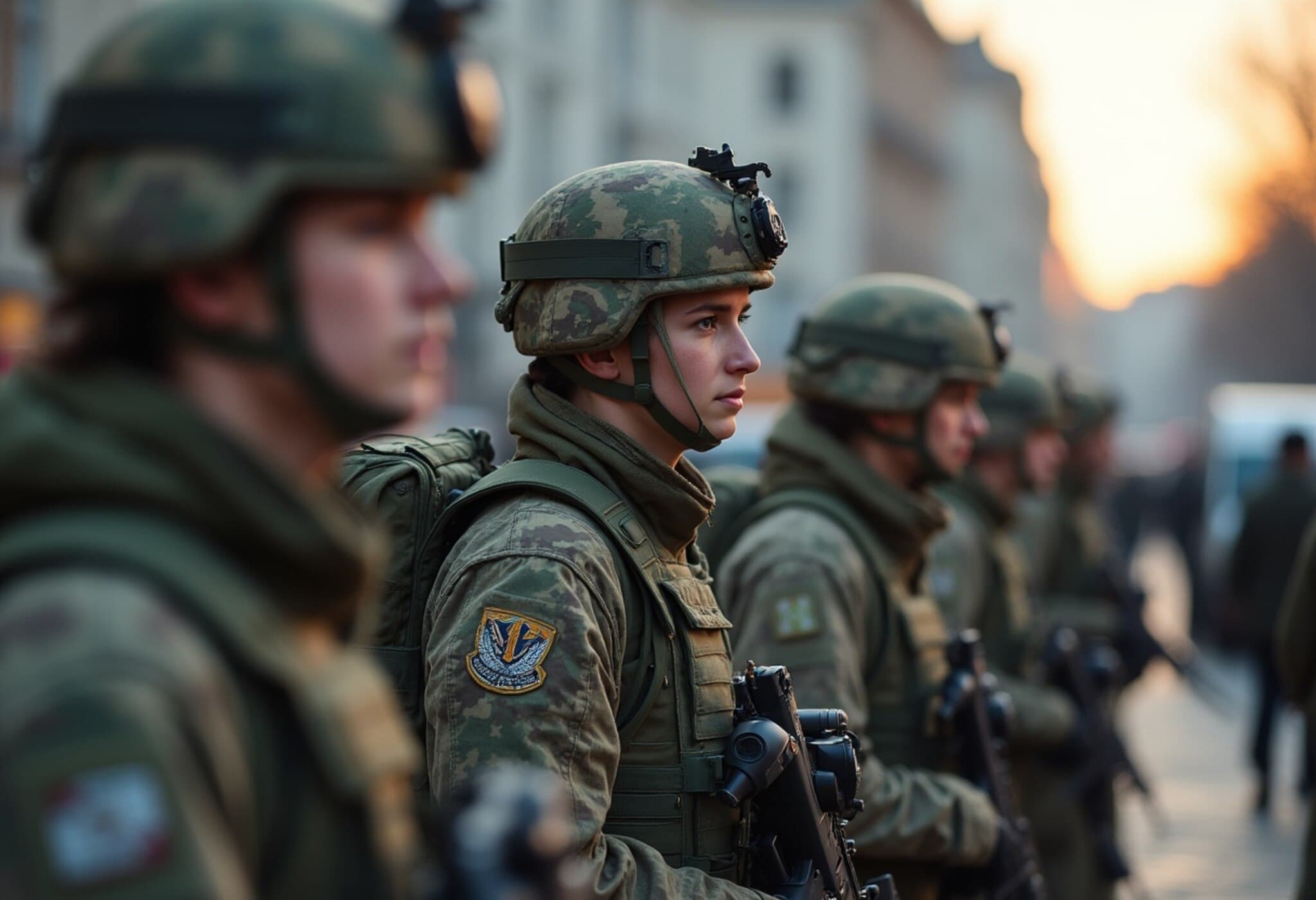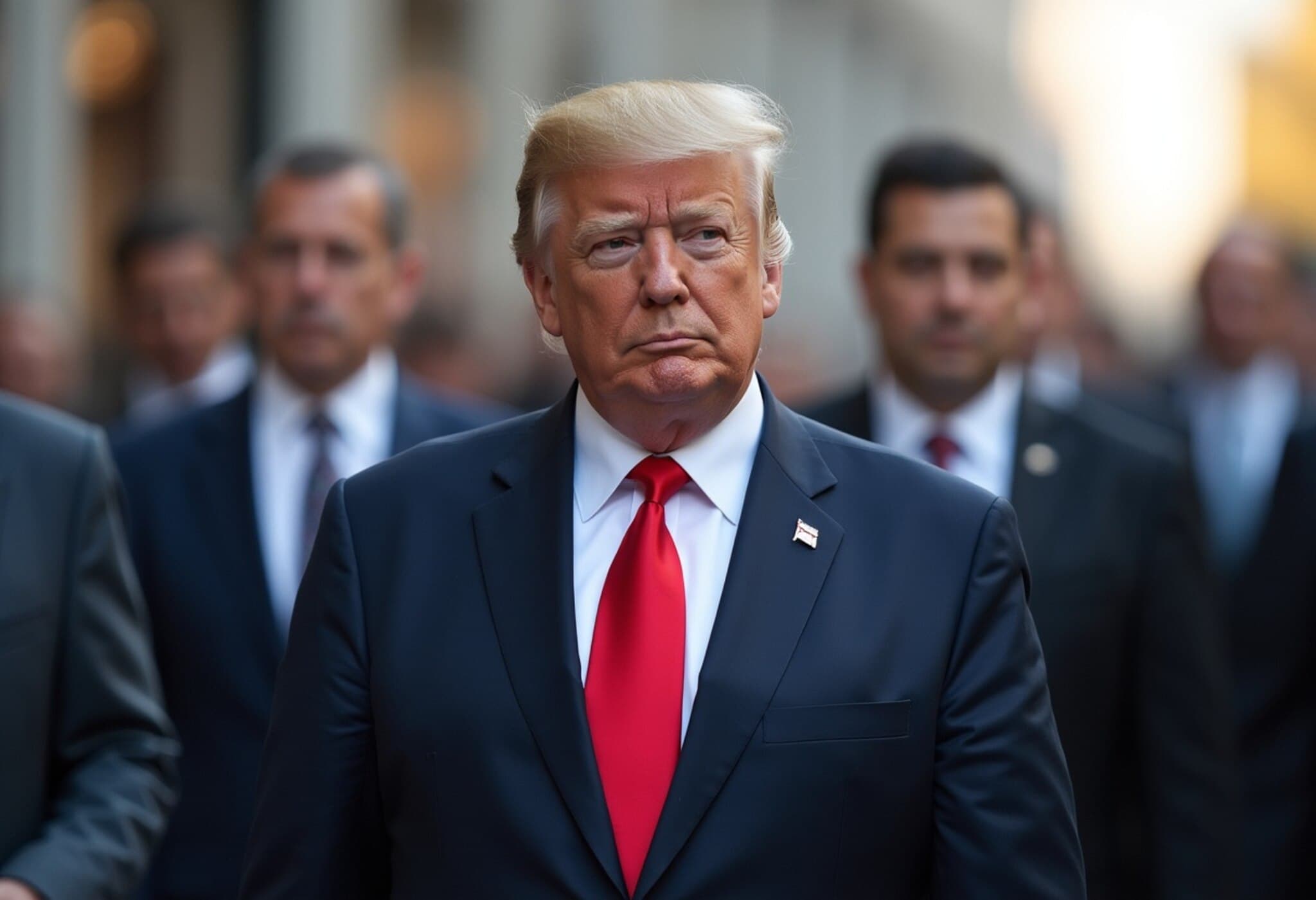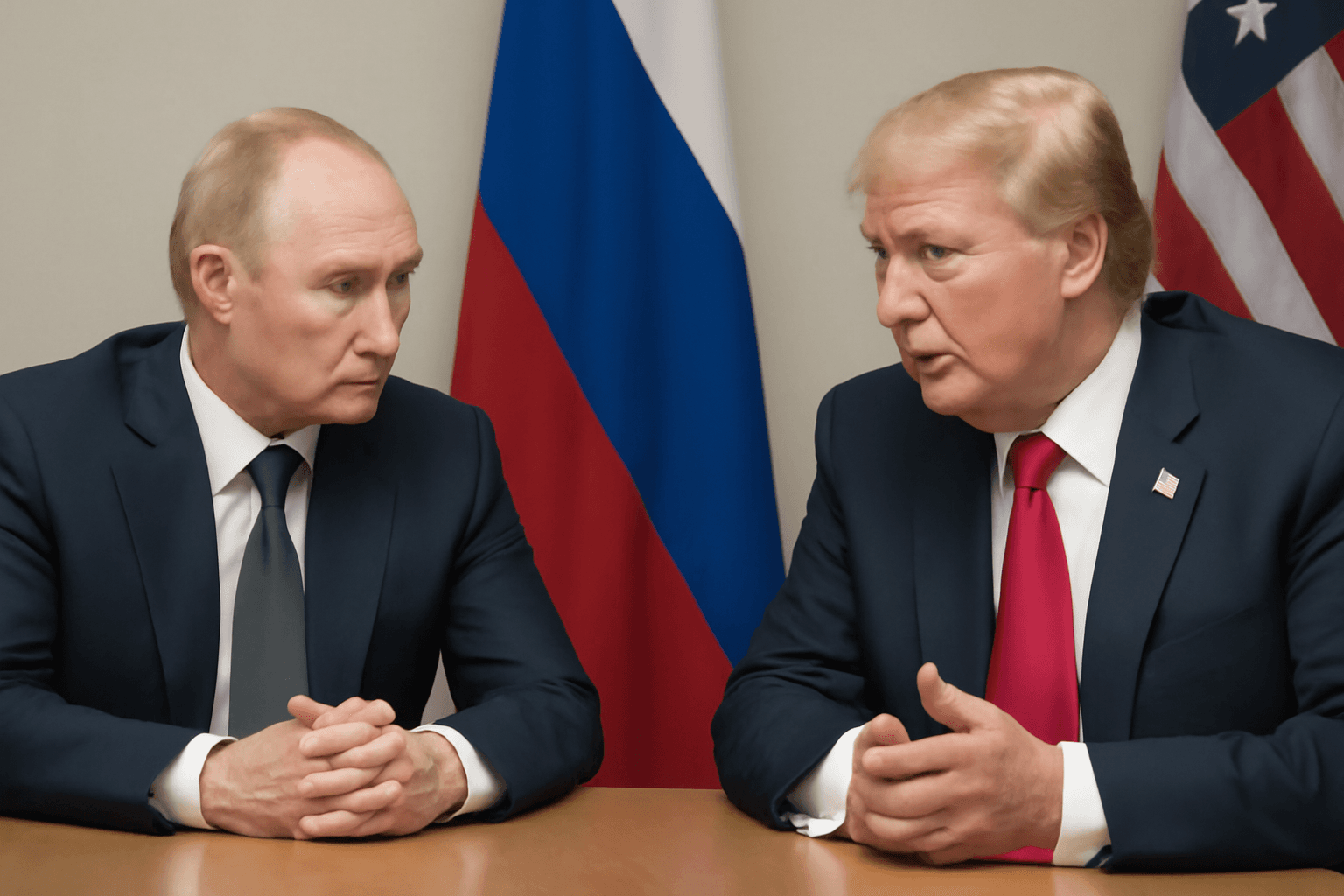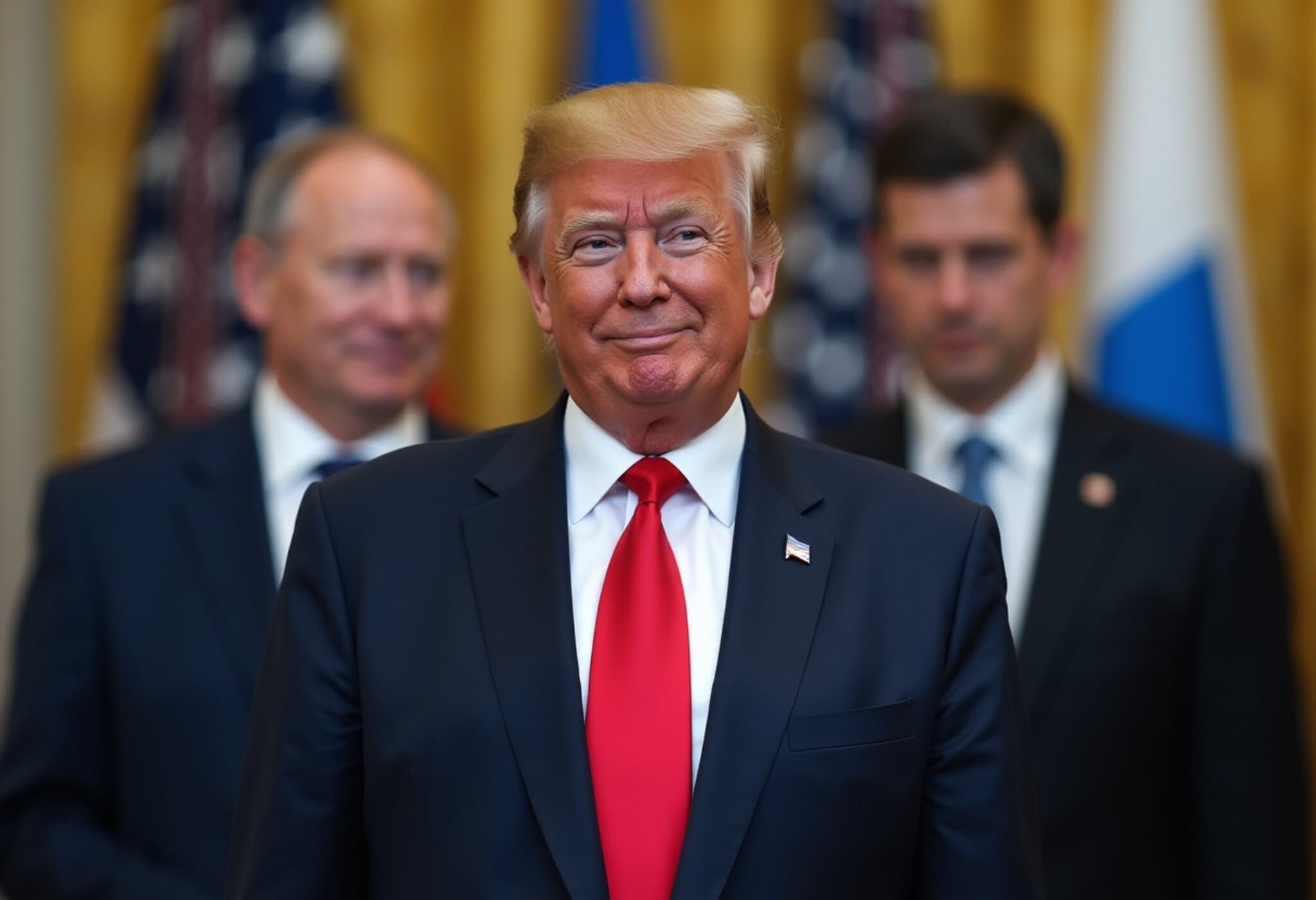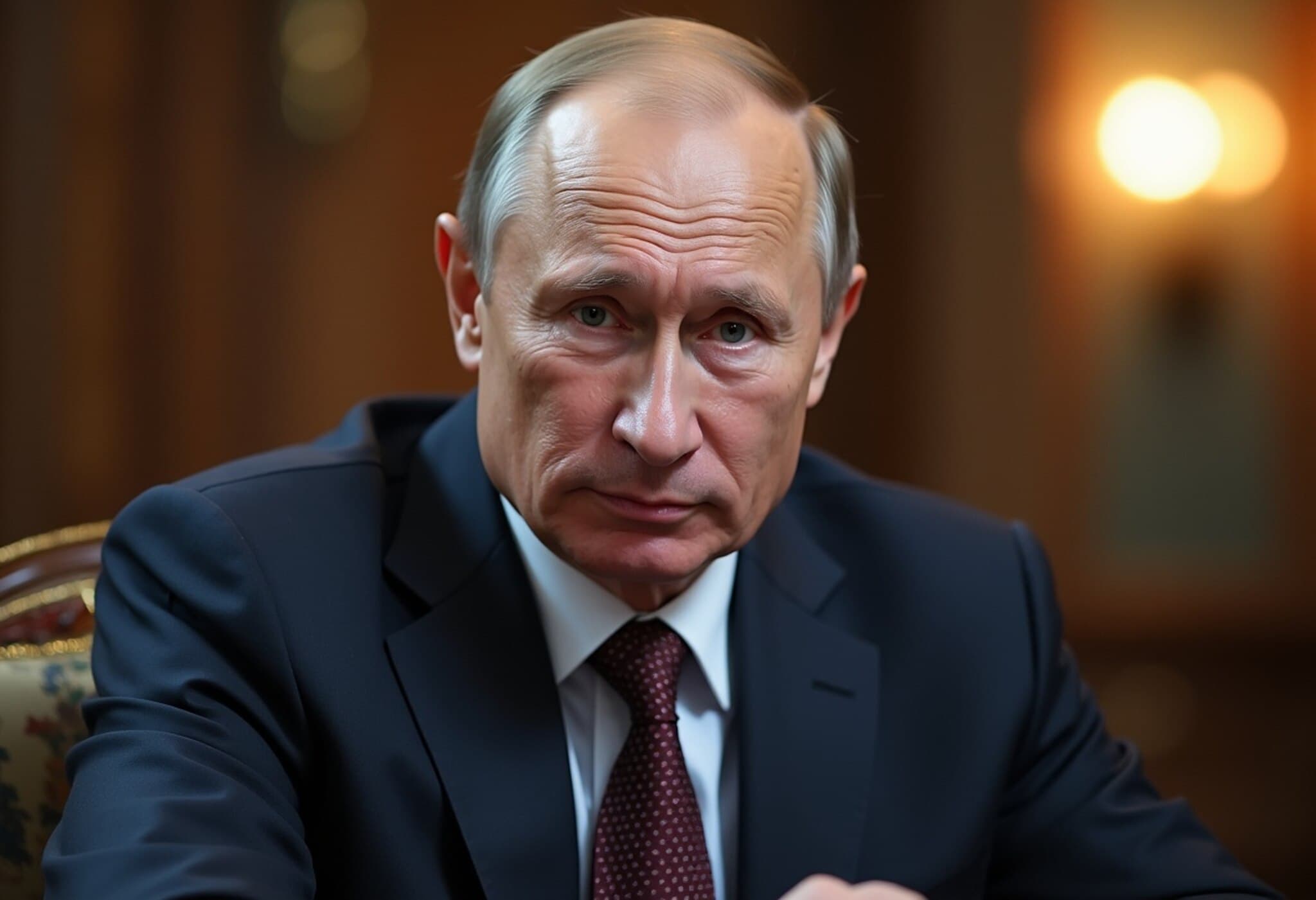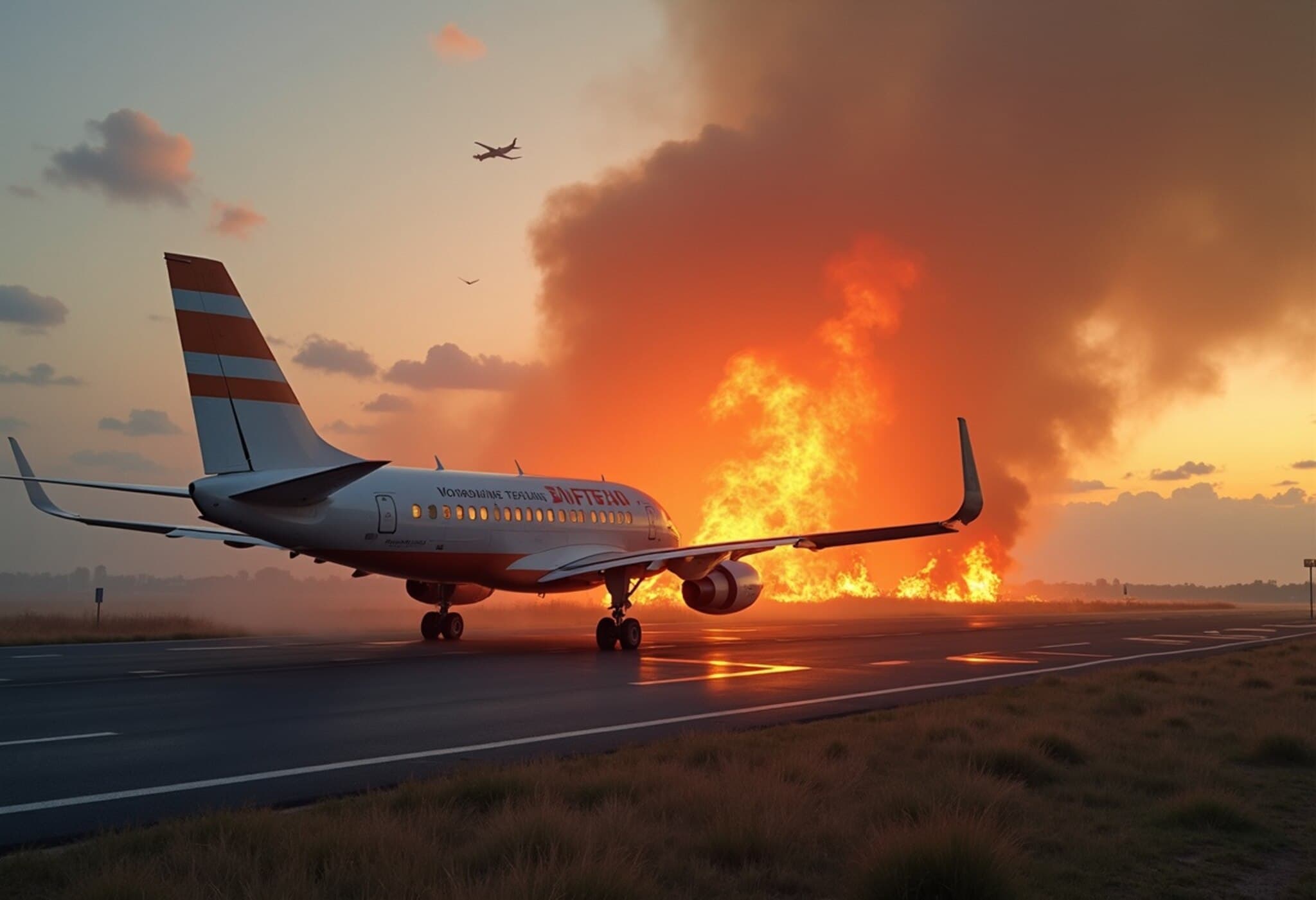NATO Secretary General Mark Rutte to Discuss US Arms Support for Ukraine with President Trump
In a high-stakes diplomatic engagement this week, NATO Secretary General Mark Rutte is set to meet with US President Donald Trump in Washington, D.C., following Trump’s recent announcement on plans to transfer US-made weapons through NATO allies to bolster Ukraine’s defense amid the ongoing conflict with Russia.
Contextualizing the Visit: A Crucial Moment in the Ukraine Crisis
Rutte’s visit on Monday and Tuesday comes at a pivotal time. Just last week, Trump teased a "major statement" on Russia, underscoring a possible shift in US policy. The meeting also coincides with escalating and complex air strikes Russia has launched against Ukraine, severely testing Kyiv’s resilience and international support networks.
Key Meetings with US Officials and Legislators
Beyond the President, Rutte is slated to engage with influential figures including Secretary of State Marco Rubio, Defense Secretary Pete Hegseth, and key Congressional members. Rubio has notably emphasized the logistics advantage of transferring weapons stockpiled with NATO allies across Europe directly to Ukraine, speeding up vital military assistance:
- "It’s a lot faster to move equipment from countries like Germany to Ukraine than waiting for production and shipment from US factories," Rubio explained during a Malaysian visit.
Congressional Voices Rally Behind Enhanced Support
Among those advocating for increased aid is Senator Lindsey Graham (R-SC), a staunch Trump ally, who described the situation as nearing an "inflection point". Historically skeptical of long-term US involvement, Graham now signals an unprecedented push to surge weapons deliveries and intensify pressure on Russian President Vladimir Putin.
Democrat Senator Richard Blumenthal (D-CT) shares this stance, emphasizing bipartisan consensus on Capitol Hill and among European allies to unfreeze Russian assets — estimated at $300 billion — for Ukraine’s benefit.
European Allies’ Capacity Challenges and Coordination
On the European front, French Defense Minister Sébastien Lecornu has highlighted a "capacity hole" within France’s air defense capabilities. He stressed that France must wait until next year before providing new ground-to-air missile systems, illustrating the broader strain the conflict is placing on European military resources.
US Legislative Moves Targeting Russia’s Energy Revenues
Apart from arms transfers, the Trump administration faces mounting pressure from both parties in the Senate to support legislation aimed at crippling Russia’s energy sector. The bill proposes imposing a 500% tariff on imports from countries continuing to purchase Russian oil, gas, uranium, and other exports—a move that could heavily impact major buyers such as China, India, and Brazil.
Graham asserted the strategy is essential: "To end this war, we must cut off Putin’s financial lifelines and force allies of Russia to choose between their economy and supporting the Kremlin." The US and its European partners have already imposed sweeping sanctions disrupting Russian finance, energy, transportation, technology, and defense sectors.
Trump’s Evolving Stance and Executive Authority Concerns
Previously reluctant to enact harsher sanctions on Russia’s oil industry, President Trump has recently expressed frustration with Putin’s prolonged aggression, calling the Russian leader’s statements "meaningless". However, the White House remains cautious, seeking to retain presidential control over the sanction waiver process to ensure swift executive decision-making without Congressional delays.
The legislation under debate would allow the president to waive sanctions for 180-day periods with the option to renew, a provision that has drawn some concern from Democratic senators but is defended as consistent with past measures.
Looking Ahead: Unity and Strategic Coordination
Blumenthal emphasized the critical importance of maintaining a united front: "The most important thing now is our unity." As Ukraine’s conflict intensifies, the transatlantic alliance is faced with intricate strategic, logistical, and political challenges that will shape the broader geopolitical landscape in the months ahead.
Editor’s Note
This upcoming meeting between NATO’s top diplomat and the US President highlights a nuanced shift in Washington’s approach to Ukraine amid mounting geopolitical pressures. Beyond the immediate military aid, this development raises vital questions about the sustainability of US-European unity, the effectiveness of sanctions against Russia’s economy, and the broader implications for global energy markets. As these complex dynamics unfold, stakeholders must consider how diplomacy, military strategy, and domestic politics intersect to influence the future of the Ukraine conflict and the international order.

